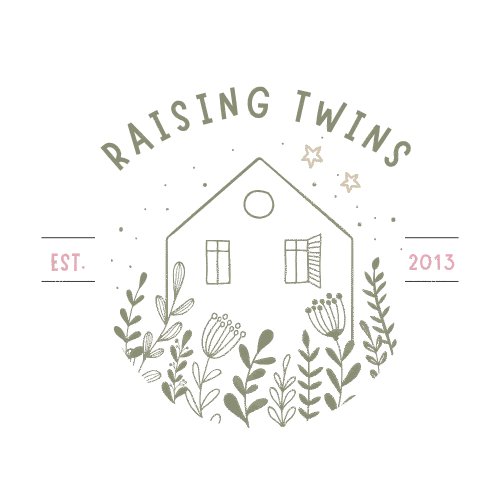From nursery through to the end of primary school, my twins have always been in the same class. It wasn’t something I researched heavily at the start – it just made sense for our life, especially as a single parent juggling the daily chaos.
Nursery Years: The Practical Start
In nursery, the school only offered two sessions: AM and PM. Lunch club was optional and cost extra. Logistically, it made zero sense to have them attend different sessions. But I did try something that really helped build their confidence – I used to send one twin on one day and the other on another, giving me quality one-on-one time with each of them. We’d do something simple like a trip to the park or grab a babycino and cake.
That time together gave them space to grow as individuals and helped with their tendency to hide behind each other. If you’re able to, I highly recommend doing this in the early years – it doesn’t need to be extravagant, just intentional.
Same Class – The Convenience Factor
At our first school, there were two form groups per year. I chose to keep them in the same class for pure ease. One teacher. One set of messages. One homework routine. And honestly? That alone felt like a full-time job most weeks.
Having them in the same class meant I could manage everything more efficiently. It gave me peace of mind, and it reduced the school admin that comes with parenting two children in the same year. But of course, what works for one family might not work for another.
Pros of Keeping Twins in the Same Class
- Logistical simplicity: One teacher, one set of school dates, one parents’ evening, one group of classmates to remember.
- Shared friendships: My twins have a lovely mix of shared and individual friends. It’s been a really nice balance.
- Emotional support: If one needed a moment of comfort, the other was nearby – a built-in safety net.
- Consistency: Especially during the early years, keeping them together provided structure and predictability.
Cons of Keeping Twins Together
- Over-reliance: Twins can lean on each other too much, especially in unfamiliar or stressful situations.
- Blurring individuality: Without intentional effort from both parents and teachers, twins might be treated as a unit rather than as unique individuals.
- Missed opportunities for independence: Being apart can help them build confidence, make new friends, and discover who they are outside of being a “twin.”
Our Big Move & A Smaller School
We ended up moving three months into Year 3 to a smaller village school – one I originally wanted but we decided to stay more local. That move, while bumpy at times, turned out to be the best thing we did.
At the smaller school, each year only had one class. The children got to mix with other year groups, and the friendships that formed were beautiful. The local church became part of our lives too. We now go to church when we can, we quite like exploring different churches local to us.
Looking Ahead: Secondary School Separation
With secondary school on the horizon, I’ve decided to separate them into different tutor groups. This is something schools often recommend, and I agree – they’re ready.
They’ve shared almost everything growing up: birthdays, hobbies, school life, home routines. Giving them space to explore their individual paths feels like the natural next step. They’ll still see each other every day, but they’ll also get the chance to build friendships, routines, and identities of their own.
Final Thoughts
There’s no right or wrong answer when it comes to whether twins should be in the same class. You have to do what’s right for your family, based on your circumstances, your children’s personalities, and what feels manageable.
Whether you keep them together or separate them, what matters most is supporting their individual growth while honouring their special bond. After all, the wonderful thing about twins is – they’ll always have each other.





